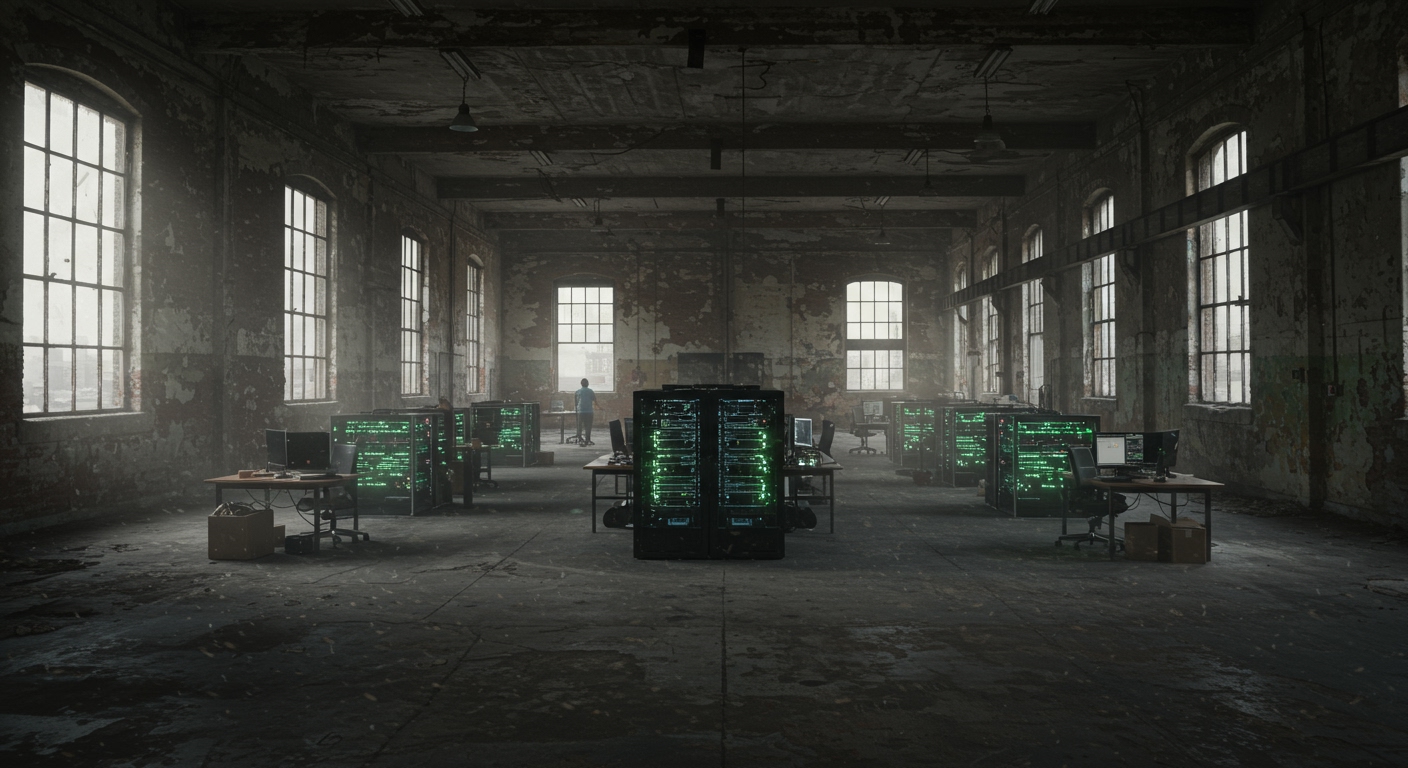Chicago finds itself at a fiscal crossroads, with questions swirling about the city’s property tax policies under Mayor Johnson’s administration. An editorial from Wirepoints, in response to a Chicago Tribune piece, scrutinizes the city’s financial management and highlights a perceived lack of clear direction regarding tax strategies, particularly as the mayor continues to explore avenues for “progressive taxation.” This editorial suggests that the city’s financial planning remains in a state of flux, leaving stakeholders uncertain about future tax burdens.
Broader Economic Pressures Impacting Local Businesses
The fiscal uncertainties facing Chicago extend beyond tax policy discussions, with the city’s restaurant sector experiencing significant headwinds. Manny’s Deli, a notable local establishment, has reportedly seen declining sales, prompting the implementation of cost-saving measures. These adjustments include staff reductions and shifts in vendor relationships, underscoring the broader economic pressures affecting the city’s culinary landscape.
Infrastructure Projects and Development Shifts
In parallel with financial and business concerns, several infrastructure and development projects are shaping the city’s urban fabric. The reconstruction of the Chicago Avenue bridge at the Bally’s Casino site is underway and is expected to cause considerable traffic disruptions. The project, which includes new bus-only lanes, a full replacement of the Chicago-Halsted viaduct, a riverwalk connection, upgraded street lighting, and protected bike lanes along Halsted Avenue, is slated to continue through the end of 2026. This extensive work will lead to road closures and lane reductions in the vicinity.
Meanwhile, a proposed development in Wicker Park has stalled. Plans for a nine-story apartment addition to the Lubinski Furniture building will no longer proceed due to issues with setback requirements, indicating a shift in local development trajectories.
Scrutiny of Festival Economics and Market Regulations
The economic impact of large-scale events like Lollapalooza has also come under review. The Wirepoints editorial suggests that the widely publicized benefits of the festival are often championed by politicians and tourism bodies, questioning whether these narratives fully capture the genuine sentiment of the live music community.
In an effort to bolster financial integrity within another sector, Illinois is considering the Art Market Integrity Act. This proposed bill aims to establish regulations for art dealers and auction houses, focusing on anti-money-laundering compliance to enhance transparency and prevent illicit financial activities.
Evolving Service Models and Educational Initiatives
Shifting gears to service innovation and community needs, the city is seeing new partnerships and adjusted operating hours. White Castle has collaborated with Coco Robotics to pilot Uber Eats deliveries, exploring new delivery methods. Additionally, Uptown Lounge has expanded its operating hours to offer coffee services, catering to morning commuters.
On the educational front, a critical need for enhanced media literacy education in Illinois schools has been identified. The editorial points to inconsistent implementation of existing programs and calls for clearer guidelines and improved teacher training to equip students with essential critical thinking skills in an increasingly digital world.
The confluence of these issues—from property tax deliberations and restaurant industry struggles to infrastructure projects, festival economic assessments, market regulations, and educational priorities—paints a complex picture of Chicago’s current landscape, marked by ongoing fiscal evaluations and adaptation to diverse economic and social pressures.















